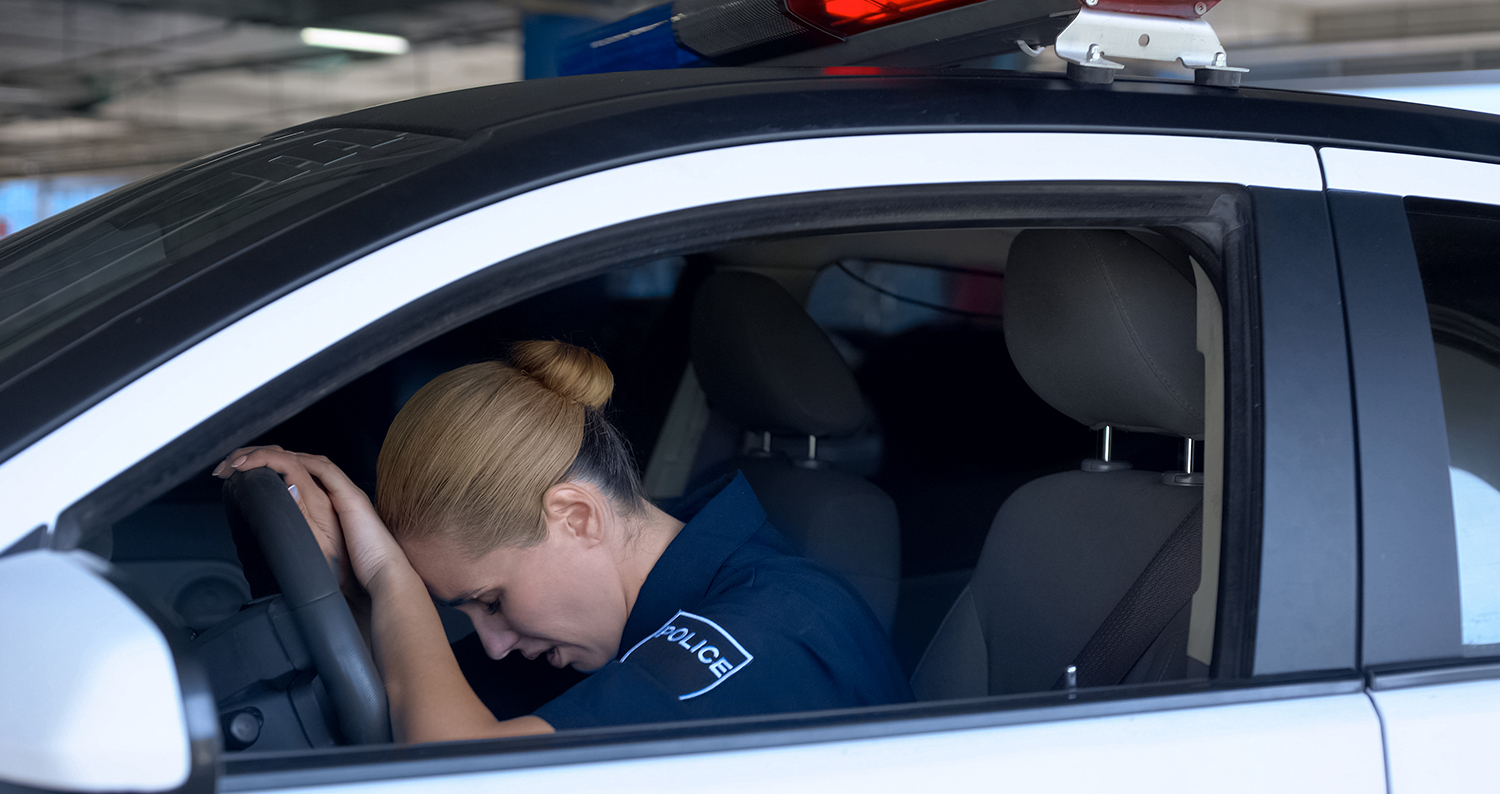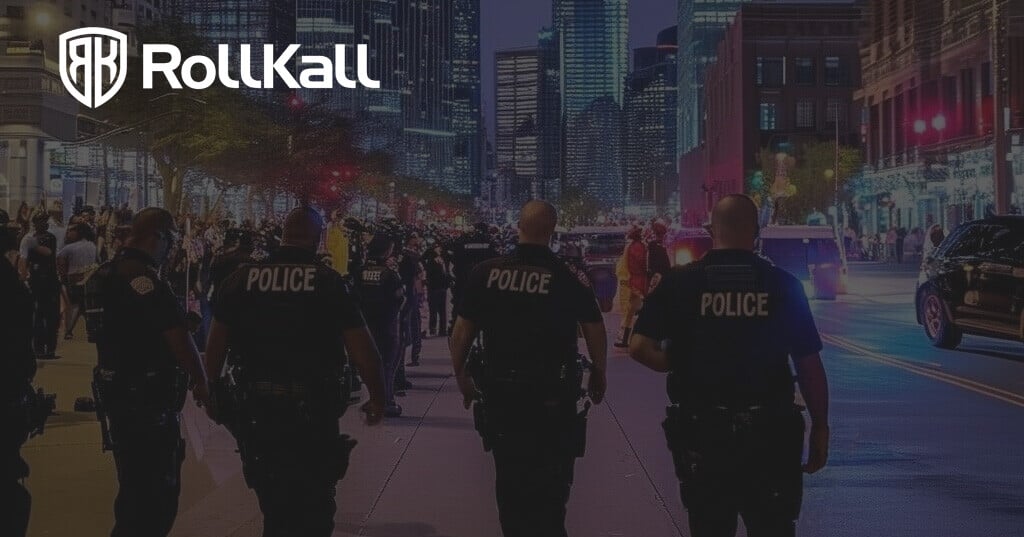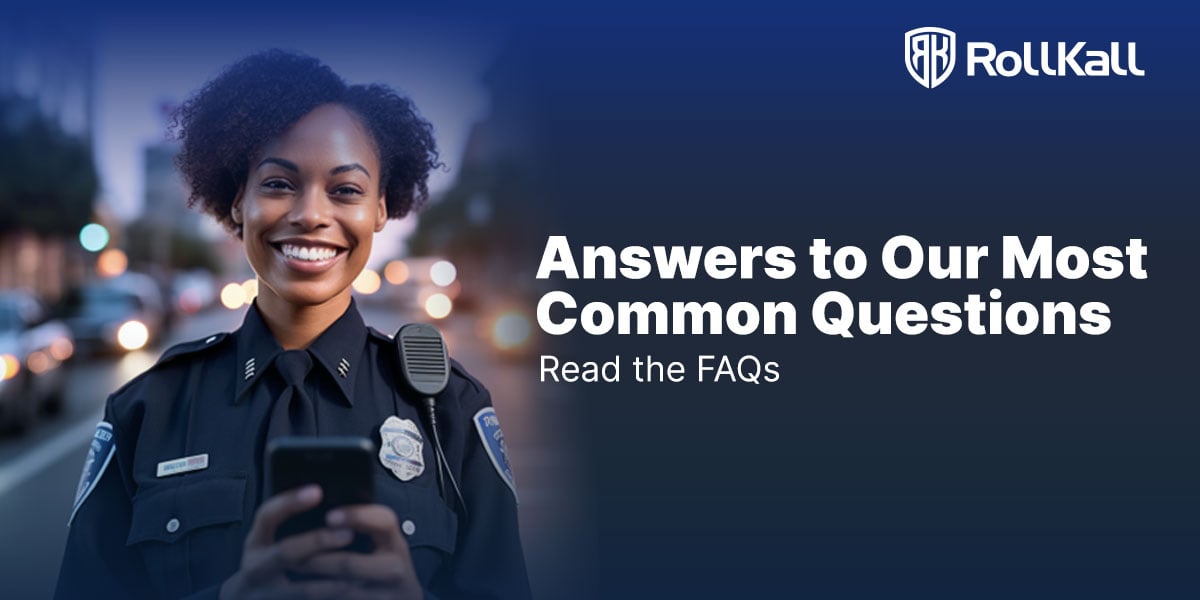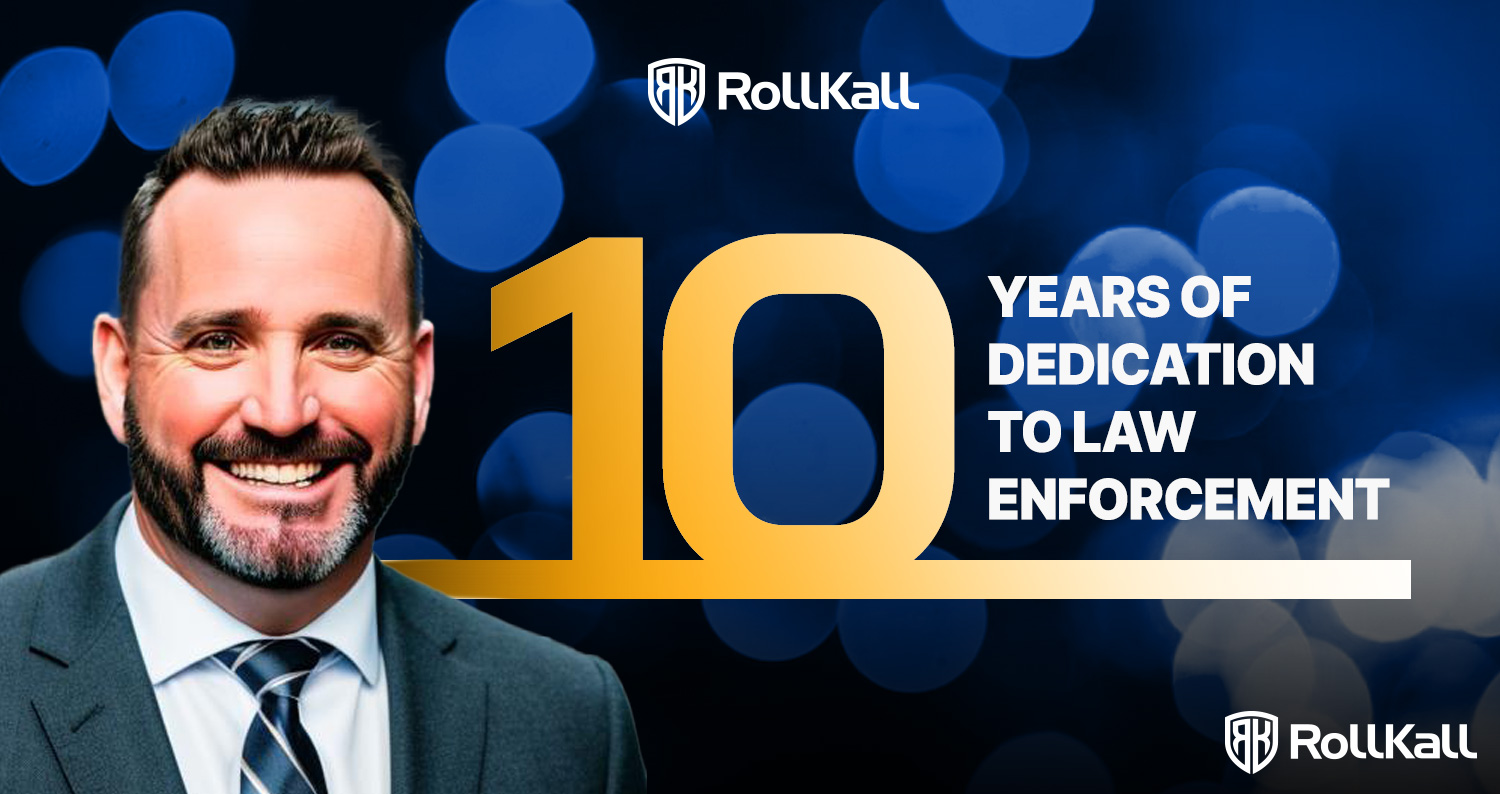Download the free guide
Aenean eu leo quam. Pellentesque ornare sem lacinia quam venenatis.

Common signs to look out for that your officers might be overworked.
The job of a law enforcement officer is one of the most taxing careers, both physically and mentally. Working in constantly changing environments, at significant personal risk, and with long extended hours, comes with a lot of added stress.
Then you start to add in extra-duty work on the side, and it can start to take a toll on your officers. While your department likely has policies in place regarding the amount of off-duty shifts, hours, etc. that officers can work in a week, it’s still important to monitor them for signs of fatigue, stress, and overwork - even if they are staying within the allotted time.
Common Signs of Overwork:
- Tardiness or Calling Off for Shifts - If an officer in your department - who is usually on time and rarely calls off for on-duty and extra-duty - all of a sudden starts showing up late or missing shifts, it might be a sign they are overworked.
- Random Combativeness or Mood Swings - If you have an officer in your department that is being combative or seems to be frequently in a bad mood, this could be a sign they are overworked. You know your officers better than anyone so you will have to make a judgment if this behavior is out of character.
- Working Extremely Long Hours or No Days Off - Look, we get it. All officers work long hours and days off are hard to come by, particularly with extra-duty jobs. And it’s likely you already have departmental policies in place that limit hours, number of shifts, etc. But that doesn’t mean things can’t slip through the cracks. Keep an eye on how many hours officers are working and whether or not they’ve had a day off recently.
- Frequent Mistakes With Work Tasks - Do you have an officer who is making frequent work-related mistakes such as misfiling paperwork or forgetting to do certain everyday tasks? This could be a sign that they are overworked and fatigued, particularly if these issues are popping up out of nowhere.
- Comments Made in Passing - It’s not uncommon for all people, not just officers, to make comments while at work such as ‘I’m so tired’ or “I need a day off.” It might seem like par for the course, but if the comments continue on and on, it might be worth paying attention to.
Monitoring and Addressing the Issue
The fact of the matter is that law enforcement agencies across the country are short-staffed and stretched thin. Granting extra time off for rest and relaxation just isn’t realistic. And no matter how closely you monitor hours, the stress of the day-to-day job will never get easier for your officers. With that being said, here are a couple of things you can do:
- Closely Monitor Extra-Duty Hours and Shifts - It’s likely that your department already has policies in place regarding how many extra-duty hours and shifts an officer can work. But tracking whether or not the policies are being properly followed is a whole other story. That’s not to say officers are intentionally disregarding rules, sometimes they might misunderstand or lose track themselves. If you use a solution like RollKall to manage your extra-duty program, you can get reports on each officer and the click of the button and set up the system to enforce your policies for you. Meaning when officers reach their hour or shift limits within a week, the system will no longer allow them to accept jobs. This helps you ensure your officers are not working more hours than allowed and helps prevent overwork.
- Encourage Days Off - Each department is different with the number of Paid Time Off days granted to officers. However, it’s also likely that depending on how short-staffed your department maybe, officers might not get the chance to use those days. Or if they have a scheduled day off throughout the week, they might frequently get called in or elect to pick up extra-duty days. While there is only so much you can do depending on the situation, it’s important to encourage officers to use PTO days when possible, and make sure they are getting at least one day off throughout the week. Everyone needs some time to rest and rejuvenate.
As mentioned multiple times, there is only so much you can do. The job of a peace officer is difficult, demanding, stressful, and time-consuming. With staff shortages and unexpected issues arising, officers have to work long hours and time off is hard to come by. But by doing everything you can to monitor for signs of overwork, and taking steps to prevent or address the problem, you will have a happier, healthier, and more effective department.
For more advice on this topic, check out this article by the National Justice Institute.
Get the latest content delivered straight to your inbox!
Related Posts


Want more information about RollKall? Let us know a bit about you, and we’ll get back to you as soon as possible with more information and next steps!











